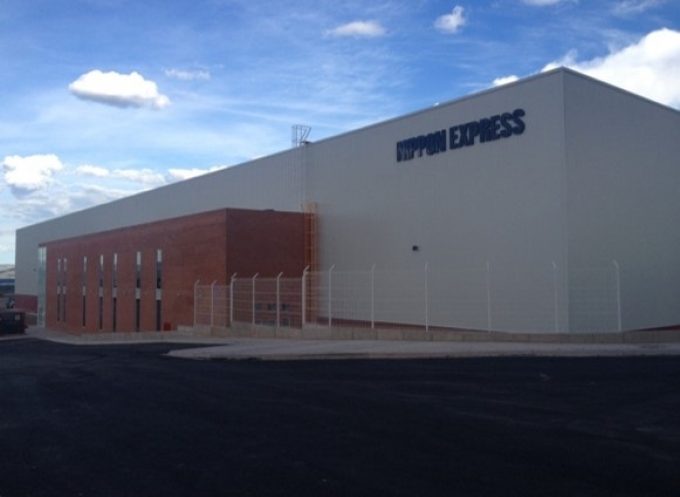Track & trace: M&A life post-CMA CGM + Bolloré Logistics
Always more on the horizon

Japanese logistics group Nippon Express has developed an intermodal service for US exports to Asia, via Mexico, at the request of customers frustrated by long lead times due to domestic port congestion.
The service involves moving containerised freight on trailers from the US west coast to Nippon Express’s warehouse in San Luis Potosi, Mexico, and then shipping from Manzanillo Port to Asia.
Nippon Express claimed the intermodal service offered shippers a dependable lead time – for example, moving a container from Chicago to ...
'Disastrous' DSV-Schenker merger would 'disrupt European haulage market'
'Chaos after chaos' coming from de minimis changes and more tariffs
List of blanked transpac sailings grows as trade war heats up and demand cools
Shippers in Asia restart ocean shipment bookings – but not from China
Forto 'sharpens commercial priorities' as it lays off one-third of staff
India withdraws access for Bangladesh transhipments, in 'very harmful' decision
'Tariff hell' leaves industries in limbo – 'not a great environment to plan'
Temporary tariff relief brings on early transpacific peak season
Pre-tariff rush of goods from US to China sees air rates soar, but not for long
De minimis-induced ecommerce demand slump could cripple freighter operators
Asian exporters scramble for ships and boxes to beat 90-day tariff pause
Forwarders 'allowing the fox into the chicken run' by supporting 'hungry' carriers
Hapag 'took the bigger risk' when it signed up to Gemini, says Maersk
'Restoring America's maritime dominance' – stop laughing at the back of the class
Navigating tariffs: 'like trying to solve a Rubik's cube while colour-blind'

Comment on this article
alex wei
July 12, 2022 at 12:44 amflexible marketing strategy. well done.